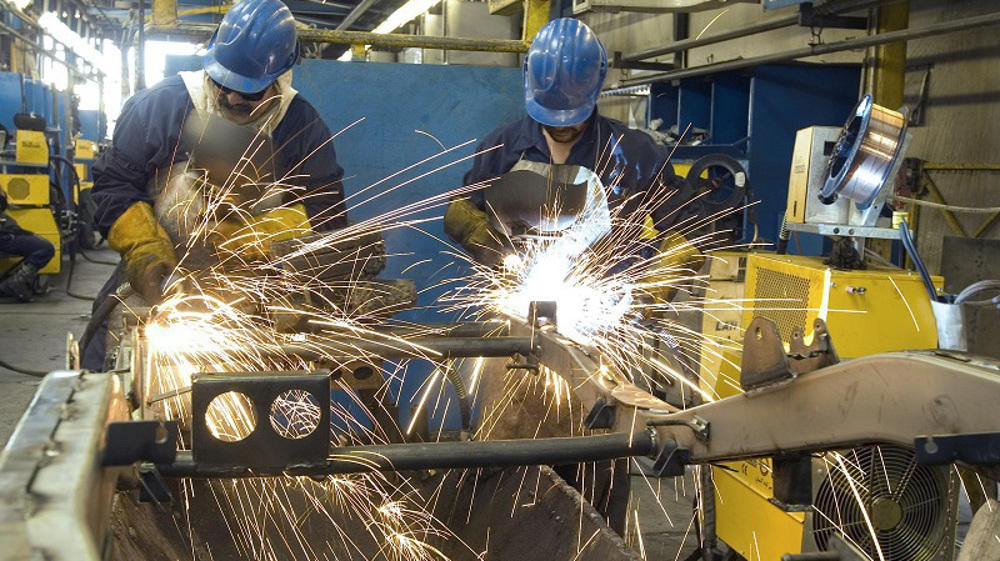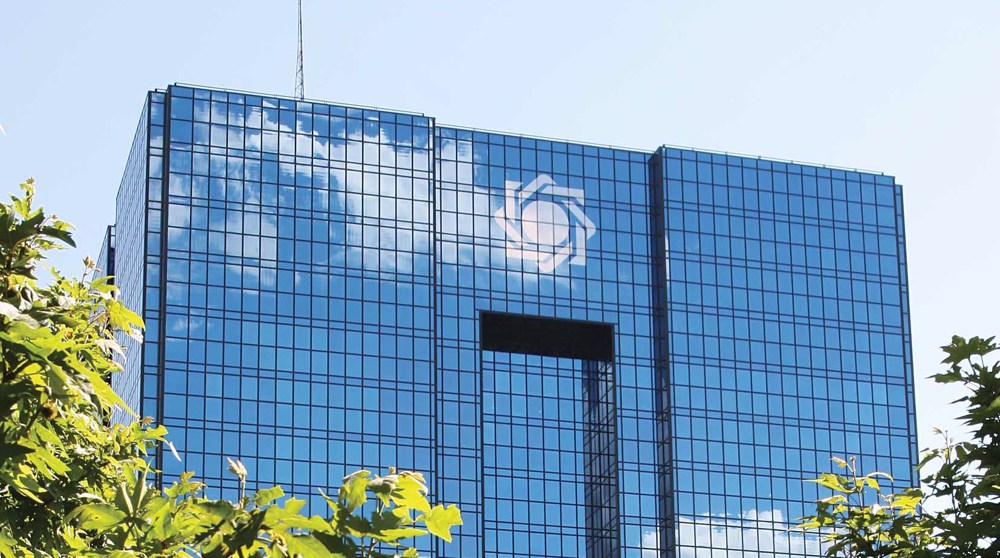Iran sees jump in prized caviar output
Iran foresees exporting 1.5-2.0 tonnes of caviar produced in its sturgeon farms this year amid a ban on commercial fishing of the threatened species in the Caspian Sea.
The world’s biggest exporter of the delicacy produced 1.2 tonnes of caviar last year in addition to 600 tonnes of sturgeon meat, head of Iran’s Fisheries Organization Hassan Salehi told Mehr News Agency.
Caviar harvest is projected to grow 60% to 2.5 tonnes this year, the official who is also Iran’s deputy agriculture minister separately said.
The countries around the Caspian Sea – Iran, Russia, Azerbaijan, Kazakhstan and Turkmenistan – account for more than 80% of caviar exports.
The landlocked waters are the breeding ground for the beluga sturgeon which produces the most expensive caviar in the world at about $400 an ounce.
Sturgeon stocks however are dangerously depleted and threatened with extinction, forcing the UN's wildlife-protection arm CITES to impose a ban on the Caspian sturgeon fishing and trade in 2001.
The Convention on International Trade in Endangered Species of wild fauna and flora exempted Iran from the ban and left it with a license for legal international trade in caviar and sturgeon meat.
In 2010, the presidents of the five littoral states of the Caspian Sea agreed to ban sturgeon fishing for five years in order to improve stocks.
Salehi said the countries will most likely extend the embargo for another five years but poaching still remains a problem.
Russia is now a customer of the Iranian caviar “given the restrictions” it is facing, the official said.
“Certain countries continue illegal fishing in the Caspian Sea despite the ban,” he added.
Salehi touched on Iran’s conservation efforts, saying the country released 3.074 million sturgeon fingerlings from its hatcheries into the sea last year.
The fisheries organization meanwhile helped private investors breed fingerlings for the first time.
Sturgeon farming includes protecting females which take up to 18 years to become mature. Poachers usually leave those females to die along with the rest of their catch.
Salehi said Iran will open a sturgeon farming plant in the Caspian city of Sari this year with a capacity to produce 2,000 tonnes of meat and 10 tonnes of caviar per year.
HB/HB
Trump’s ‘Make America Great Again’ shows US debilitated, desperate: Fmr. IRGC chief
Jordan rage: Protesters blast Israel’s genocide in Gaza, carnage in Lebanon
Pentagon official says ‘shocked’ by Yemen’s firepower, arsenal
IAEA chief tours two key Iranian nuclear facilities
Larijani asserts Iran’s support for resistance, says conveyed Leader’s message to Lebanon
VIDEO | Beirut’s southern suburbs targeted in 'heavy' Israeli strikes
Haaretz: Over 10,000 Israelis have migrated to Canada this year
VIDEO | Press TV's news headlines










 This makes it easy to access the Press TV website
This makes it easy to access the Press TV website